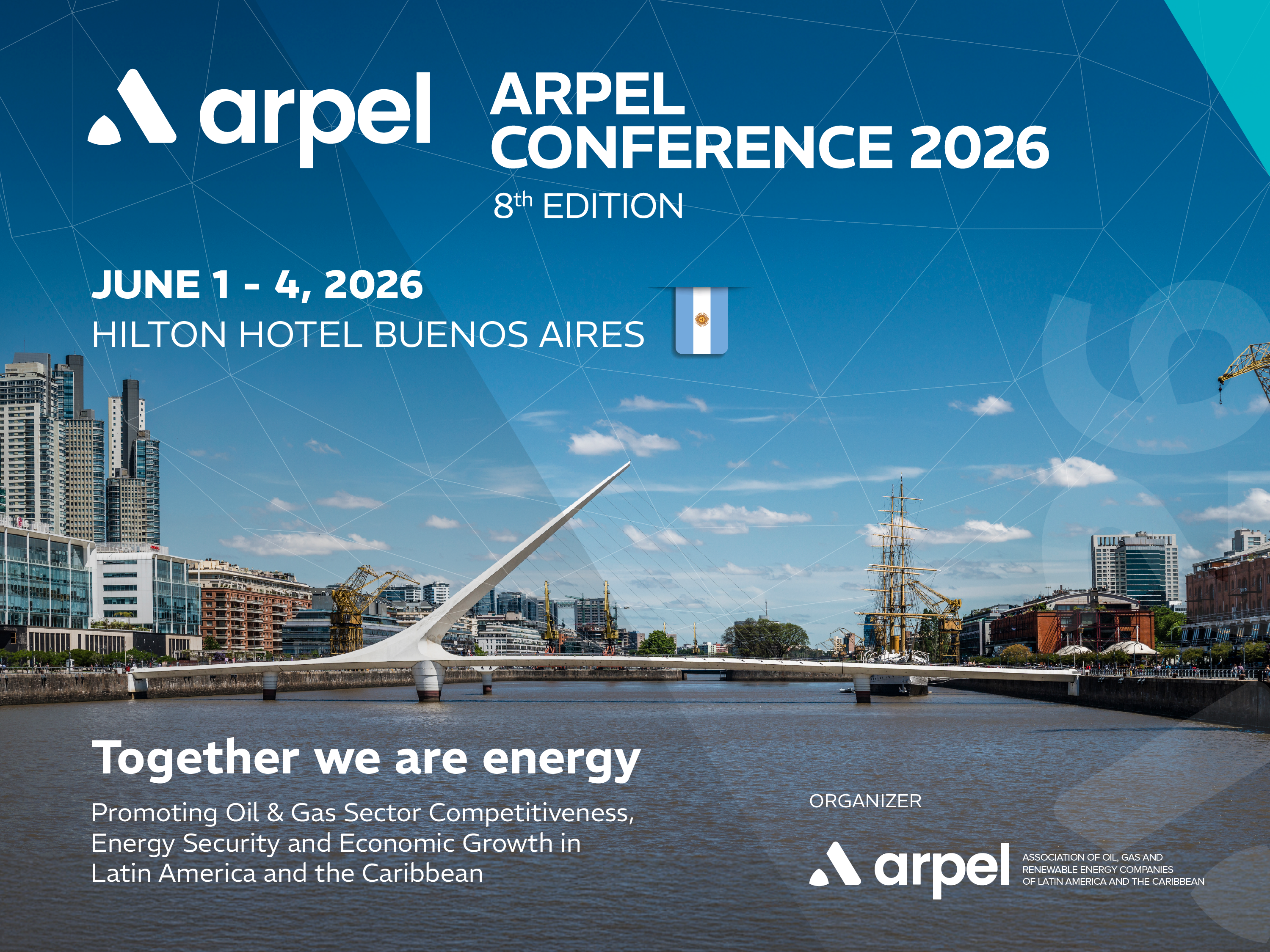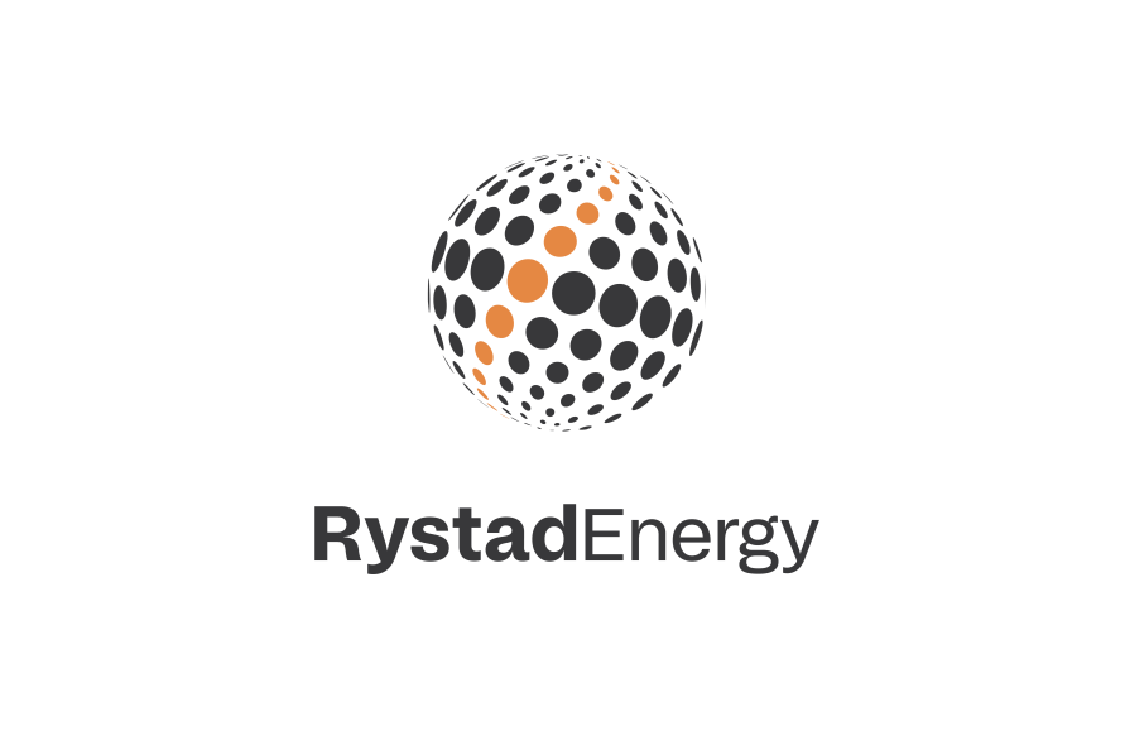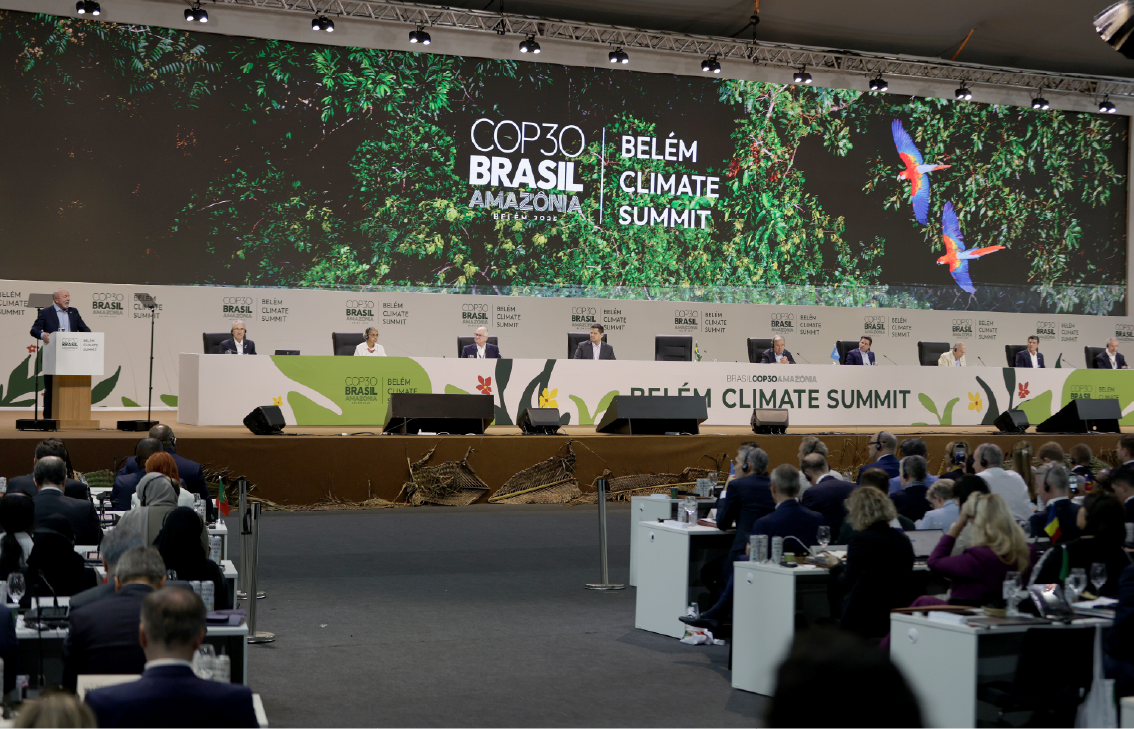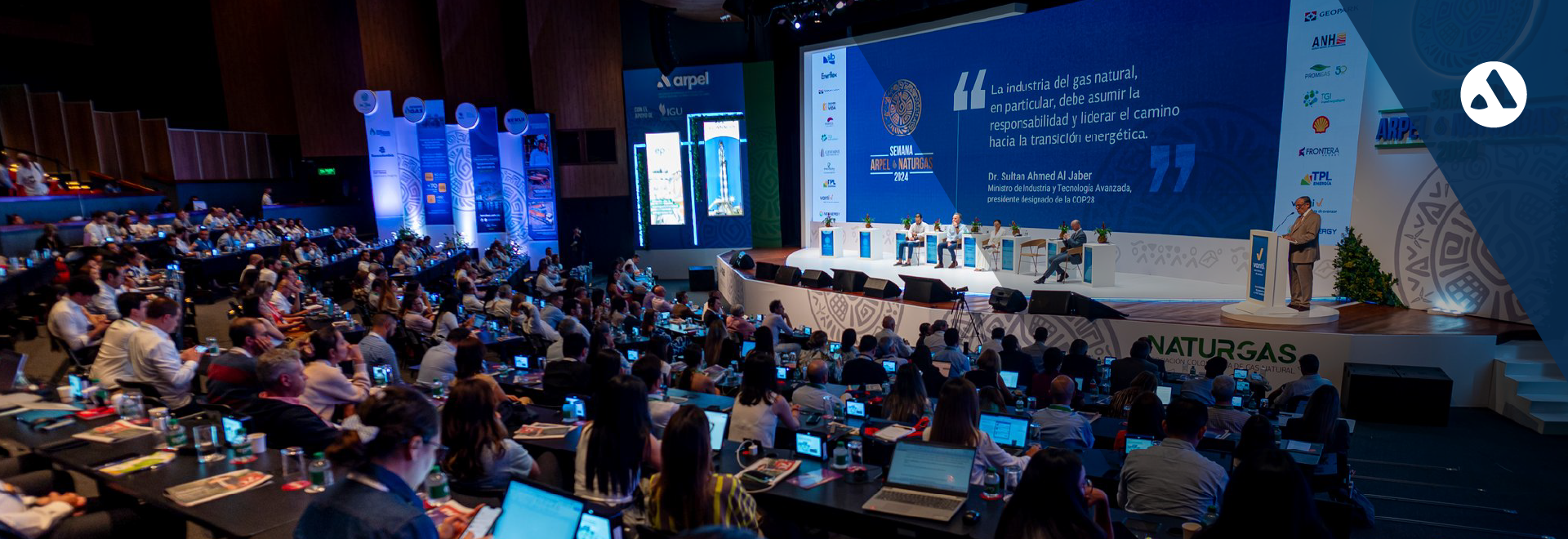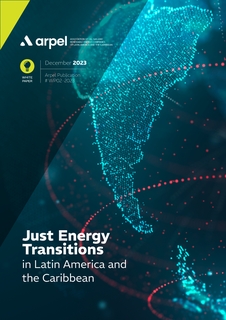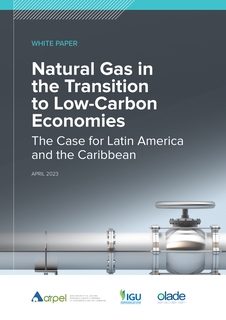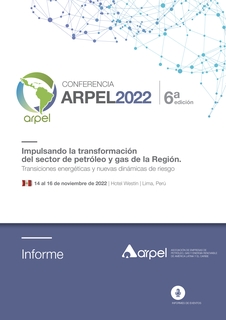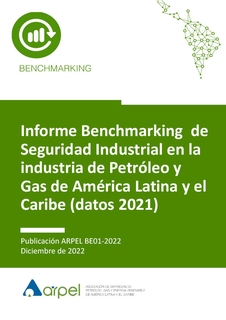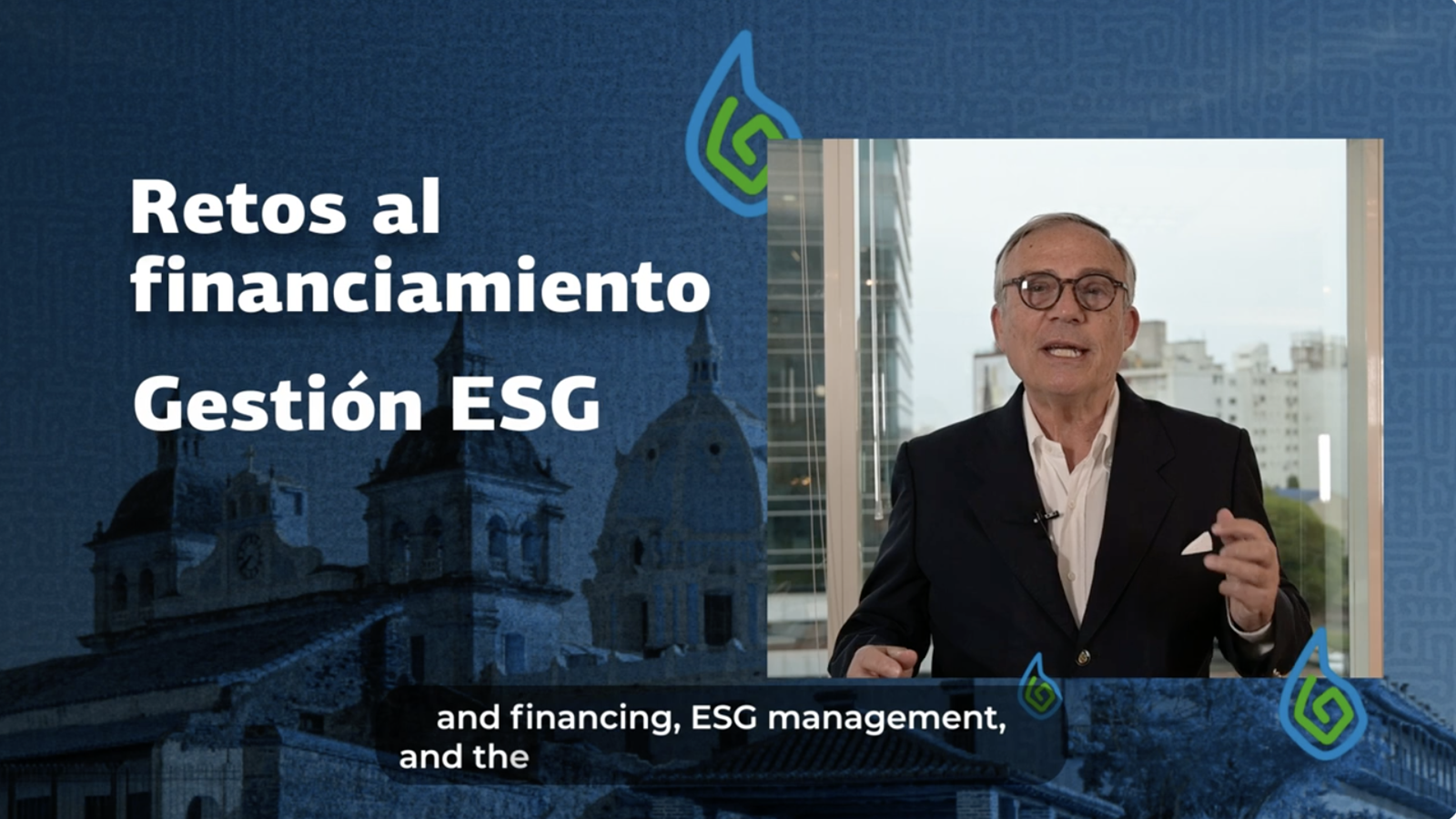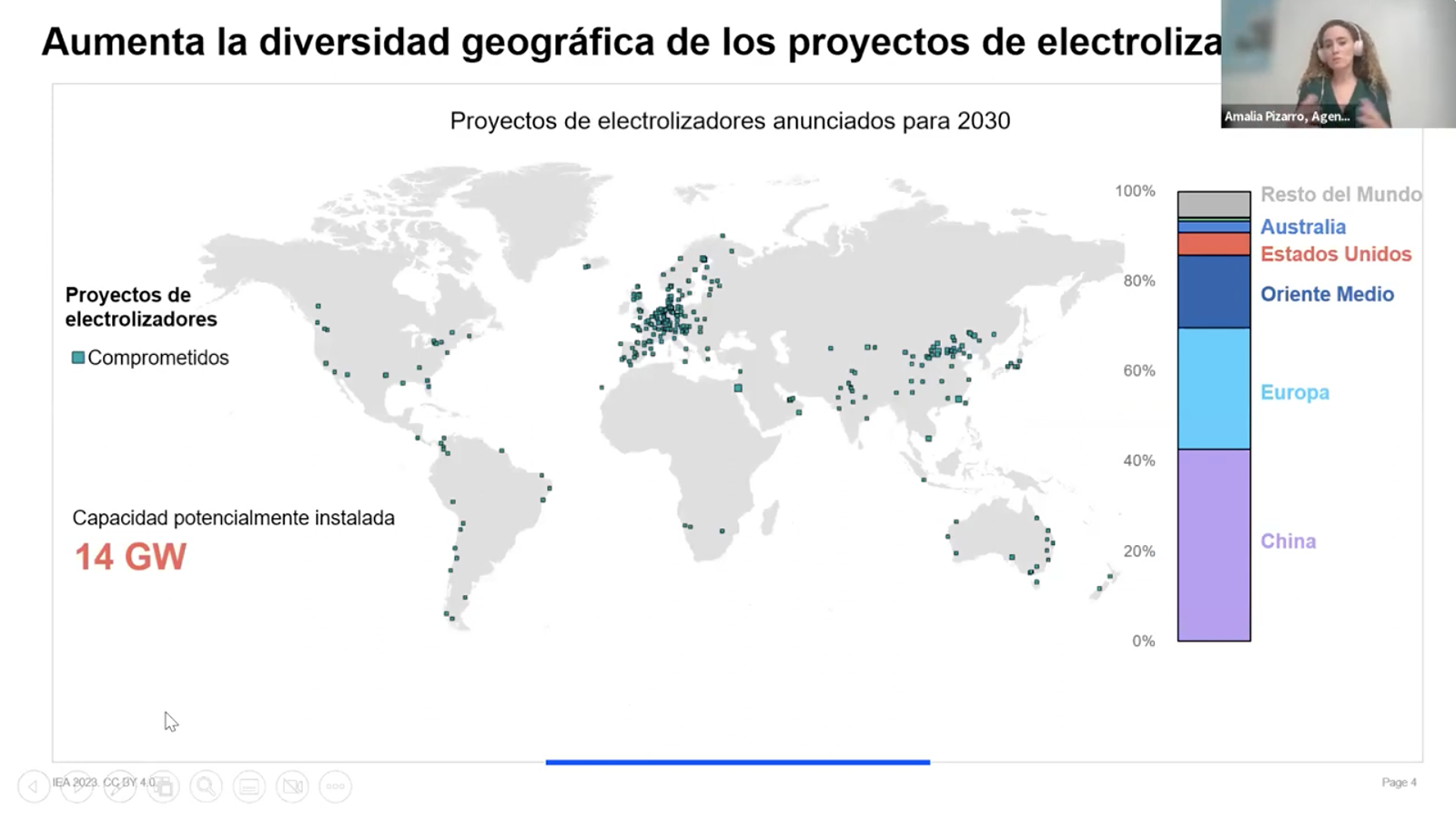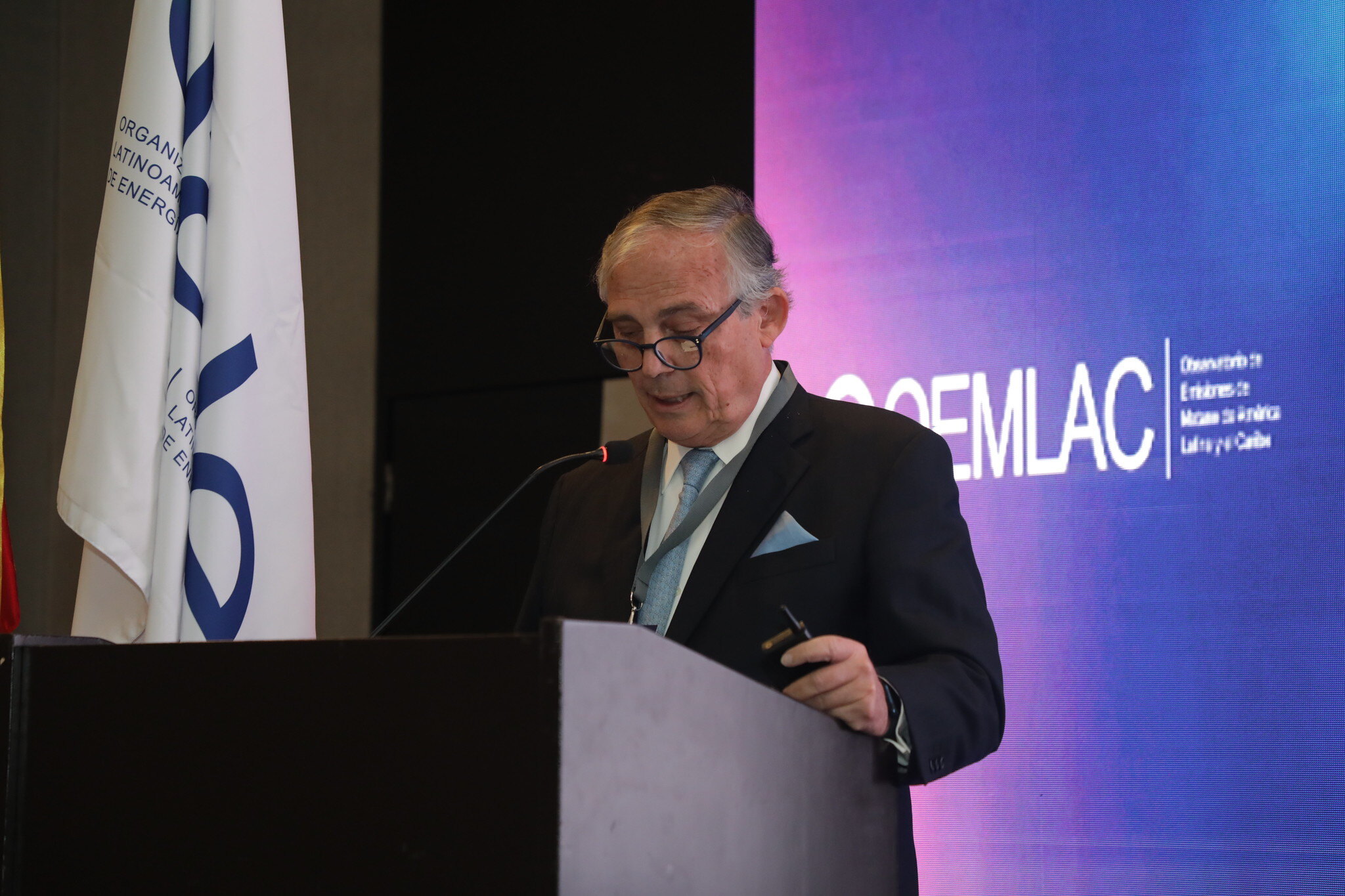
Bogotá hosted the First Latin American and Caribbean Regional Methane Summit organized by Olade and the Colombian Ministry of Energy and Mines at the end of August.
In his conference on “Methane Leaks in Latin America and the Caribbean”, Carlos Garibaldi, Executive Secretary of Arpel (Association of Oil, Gas and Renewable Energy Companies of Latin America and the Caribbean), highlighted the key roles of oil and gas companies as well as the State and the financial sector in addressing this problem.Garibaldi expressed that, although the region has a clean energy matrix, methane emissions (vents, burning and leaks) are a serious problem for the planet and this industrial sector. “Not being the main emitters does not exempt us from the responsibility of mitigating them”, he said.
Oil and gas will continue to be part of the global energy matrix even in the case of “Zero Net GHG Emissions” by 2050, so it is essential to correct the problem, Garibaldi stressed.
In this sense, he highlighted that several companies in the sector in Latin America and the Caribbean are making progress in their commitments to moderate or neutralize them but that it is necessary to improve detection and measurement methodologies.
In addition to the incorporation of new technologies to achieve greater energy efficiency, Garibaldi emphasized the need to minimize venting, recover vapors, and eliminate non-emergency burning, at the same time that companies in the O&G sector can opt for the use of natural gas as operating fuel or electrify their operations.
“Our member companies, each one by the opportunities derived from their environment and context, have faced their corporate transformations to combat climate change and evolve towards the provision of more sustainable energy sources”, said Garibaldi and mentioned that several have already established “Zero Net GHG Emissions” goals in anticipation of national policies and regulations.
Ancap, Ecopetrol, ENAP, NGC, Petrobras, YPF, and EP Petroecuador are some of Arpel's national member companies that have begun to decarbonize their operations, processes, equipment, and facilities, as well as incorporating renewable energies into their offering portfolios.
Regarding access to financing to advance the decarbonization process, Garibaldi emphasized that the State is the one that has a fundamental role in providing political clarity for the long term, promoting rational and predictable regulation that includes a system of market incentives and penalties, as well as a framework for the necessary investments that also offers legal certainty and transparency.
In closing, the Executive Secretary of Arpel expressed that in addition to decarbonizing and diversifying its energy product portfolios, the region's oil and gas industry must leave a benign environmental footprint and contribute to the well-being of host communities, also respecting their rights and cultures.
